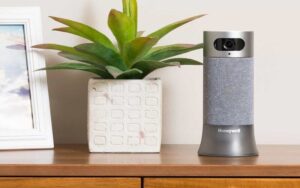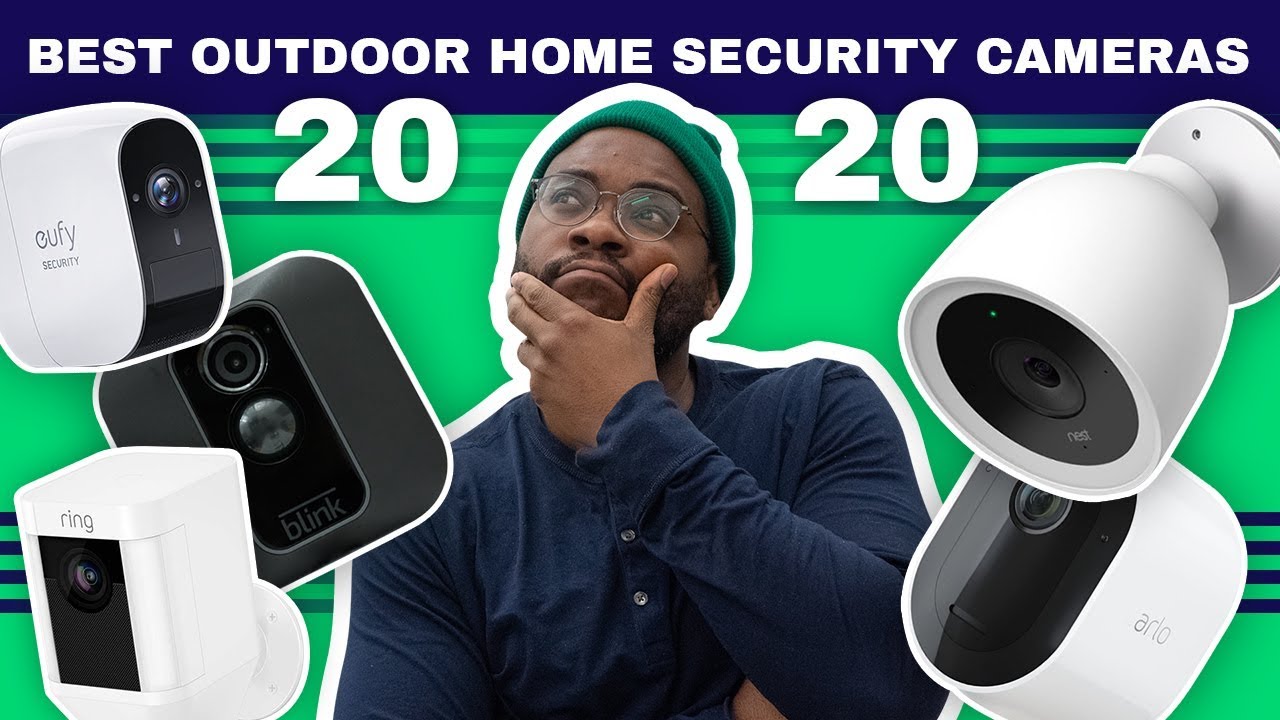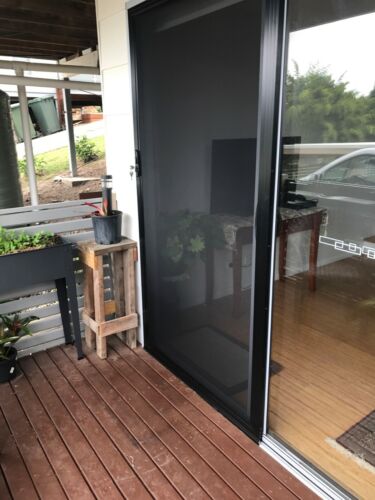
The no-contract security system allows homeowners to customize the alarms they want and their services, without having to sign a long term contract. This type of contract is usually month-to-month and can be cancelled at any time without fees or penalties.
No contract security systems are a great choice for your family and you. In some cases, these companies are less expensive than those that require contracts. The money-back guarantees allow you to try out the software before purchasing it.
You can also monitor these systems yourself, without having to sign a contract. The best security systems without contracts have a connection with professional monitoring so that you receive an alert when your system is compromised.
Abode, another home security company that does not require a contract, offers many low-cost options to secure your home. The equipment is compatible to many sensors and can also be paired with optional monitored services. It does not have time-lapse recording, remote access or automation.

SimpliSafe, a popular home security system with no contract, offers all of the benefits of a traditional alarm system without having to worry about a contract. The company's products are high-quality, and the systems can be used with Alexa as well as other smart devices.
This company offers starter packages at low prices, but upgrades with additional features are available. Starter packages are priced at $230. More expensive systems can cost up to $300.
Nest Secure offers another smart home security system without a contract. The equipment they use is high-quality. It can also be integrated with a range of other devices for home automation, such as Z-Wave switches and lights.
Ring Alarm is the leader in smart video surveillance and doorbell cameras. The company's equipment is compatible with Alexa's personal assistant on Amazon, and its hub can monitor a Z-Wave home network. You can also cancel their monitoring service at any time.
Think Protection is an affordable home security firm that offers DIY alarms to homeowners who are on a tight budget. They offer DIY alarm systems that do not require drilling and also offer professional monitoring.

Equipment is inexpensive and easy-to-install. They offer a money-back guarantee of 60 days so you can test it out before buying.
It's a good option for those who are looking to upgrade their home security system over time as their preferences and needs change. It's a great choice for people who want to use their equipment and services without a long-term contract.
Some home security systems do not require contracts, but they may have high upfront equipment prices. These can exceed $1,000. This can be a major concern for people who are trying to save money.
FAQ
Who is the best home security monitoring company?
ADT is the best home security company. They offer 24/7 monitoring service at affordable price. They offer 24/7 monitoring service and respond in minutes.
ADT also has an app for iOS and Android. So you can monitor your home at any time, from any location.
What is your number one home security product?
Ring Video Doorbell Pro is the number one home security system. It allows you speak and see anyone anywhere, anytime using your smartphone. You can also record video footage, and then share it with your family and friends via email or text message.
Which home security systems has the greatest number of features?
Ring Video Doorbell Pro features the most of any home security system we reviewed. It lets you see who's at your door, talk to them through your phone, and even record videos. It comes with a cloud storage service that allows you to save all recordings.
Statistics
- Depending on your insurance, 24/7 professional monitoring may qualify you for as much as 15% off your premium. (safewise.com)
- Unlike other online safety services that charge up to 100 percent of your monthly fee, Cove charges no upfront fees and has no hidden costs.
- Cove sets you free without punishing penalties and fees, unlike other security solutions that charge 75% to 100% of your remaining contract. (safewise.com)
- (In my experience, the discount on my home insurance covered about 25 percent of the subscription of an average plan, but your mileage may vary depending on your location and the size of your home.) (theverge.com)
External Links
How To
How to Install an Home Security System
A home alarm system is a device which monitors your home and alerts when there's an activity. It could include a motion sensor or doorbell camera, smoke detectors, flood alarms, carbon monoxide detectors, burglar alarms, and flood alarms. A home security alarm system often includes one or two sensors (e.g., motion detections), which send signals to the control panel when they detect movement. These signals are sent to a control panel, where they can be monitored and recorded. The control panel will send an alert to your smartphone, tablet, computer or voice assistant if there is a problem, such as someone breaking into your home. You'll be able to immediately take action and know exactly what's happening.
First, you must choose the right type sensors for your home to install a home security system. There are two main types. Active and passive sensors. Passive sensors aren't powered by batteries. They just detect sounds and vibrations in their environment. They include things like doorbells, sirens, and buzzers. Active sensors transmit data via electricity. Examples of such sensors include cameras and motion sensor.
There are many brands of sensors today. Each brand has their own pros and cons. For example, some sensors are weatherproof, while others aren't. Some come with built-in speakers so you can hear them even if they're outside. Others are only for use inside. Some have simple features, while others provide advanced features like night vision.
After selecting the right sensors for your property and deciding on a manufacturer, you will want to make a selection. This will ensure that your sensors are compatible. The hardware store should offer many choices.
After you have chosen a brand, you will need to decide how many sensors you wish to purchase. Most people start with one or two sensors, depending on whether they live alone or with family members. You might want to buy more sensors if you intend on adding them later.
Next, decide where you want the sensors to go. Are they near windows or doors? Do you prefer to keep them away? Before you put them anywhere on your property make sure you get permission. They should not be in conflict with any electrical outlets.
After you've determined the location of your sensors, you will need a way that they can be connected to your control panels. Depending on your setup, you may need to purchase a power adapter or battery pack. Once you have everything set up, you'll be ready to monitor your property!